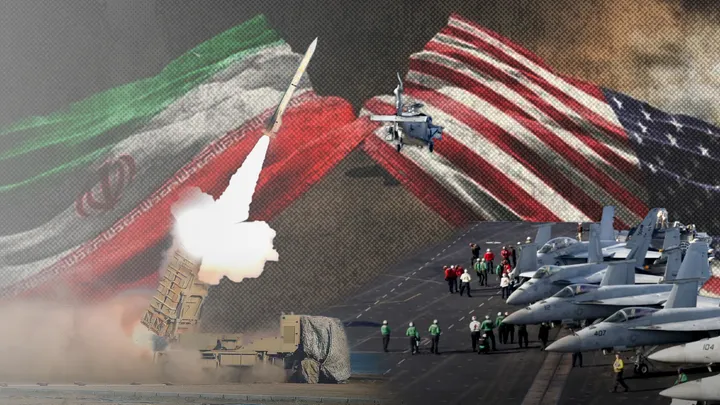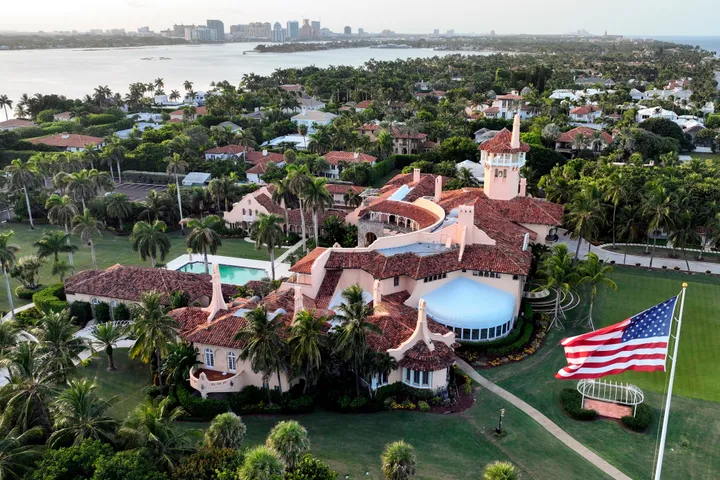At least 20 people have been killed in India's capital in more than 24 hours, the worst religious violence New Delhi has seen in decades.
An eerie calm followed on Wednesday as security officials patrol riot-torn areas.
"The death toll stands at 20, 189 people are undergoing treatment at the hospital. Around 60 have gunshot wounds," Sunil Kumar from the Guru Teg Bahadur hospital said.
"There are 15 patients in critical condition," the hospital official from the Guru Teg Bahadur Hospital earlier told Reuters.
Police used tear gas, smoke grenades and pellets, but have been accused of inaction and being unprepared, even watching violence spiral out of control.
A mob of Hindu zealots also attacked a mosque on Tuesday in an incident that many, including officials and mainstream media attempted to cover up as fake news.
Modi breaks his silence
Indian Prime Minister Narendra Modi broke his silence on Twitter, saying, "Peace and harmony are central to our ethos. I appeal to my sisters and brothers of Delhi to maintain peace and brotherhood at all times. It is important that there is calm and normalcy is restored at the earliest."
The clashes, which coincided with a visit to India by US President Donald Trump, erupted between thousands demonstrating for and against the new citizenship law introduced by Modi's Hindu nationalist government.
Schools and offices were closed in areas hit by the violence on Wednesday as a precaution. Student bodies have planned protests and rallies, asking the home minister for a better response to the riots.
The riots in New Delhi, that are the deadliest in decades, reminded many people of the 2002 Gujarat riot that took place under the chief ministership of now prime minister, Narendra Modi.
Modi had earned the nickname "Butcher of Gujrat" from his opponents over the deadly 2002 riots.
New Delhi calls for army
Chief Minister of Delhi Arvind Kejriwal said that the situation was out of control and the army was needed to be called in and curfew be immediately imposed in affected areas.
Videos shared on social media apparently showed policemen in New Delhi acting as bystanders or encouraging the rioting mob on Tuesday.
Reuters witnesses saw mobs wielding sticks, pipes and stones walking down streets in parts of northeast Delhi on Tuesday, amid incidents of arson, looting and stone-throwing.
Indian media described the areas attacked as Muslim neighbourhoods.
Clouds of black smoke billowed from a tyre market that had been set alight in the area, as fire trucks rushed to control the blaze.
Shots could be heard in the area and many of the wounded had suffered gunshot injuries, hospital officials said.
There were no immediate reports of any fighting on Wednesday.
"The situation is relatively better than yesterday in the violence hit areas," Atul Garg, the director of the Delhi fire department said on Wednesday, adding the fire department had stationed additional vehicles in the area and senior officials are camping there.
"There are no rioters on the streets and our vehicles have been able to reach the area," he said.
India's capital has been the epicentre of unrest against the Citizenship Amendment Act, which makes it easier for minorities from neighbouring countries to gain Indian citizenship but excludes Muslims.
Critics say the law is biased against Muslims and undermines India's secular constitution.
The ruling Bharatiya Janata Party has denied it has any bias against India's more than 180 million Muslims although several of its leaders have made hate speeches against the minority community with impunity.























